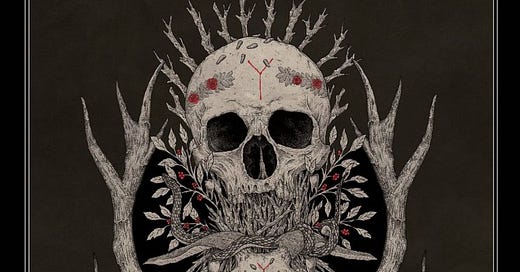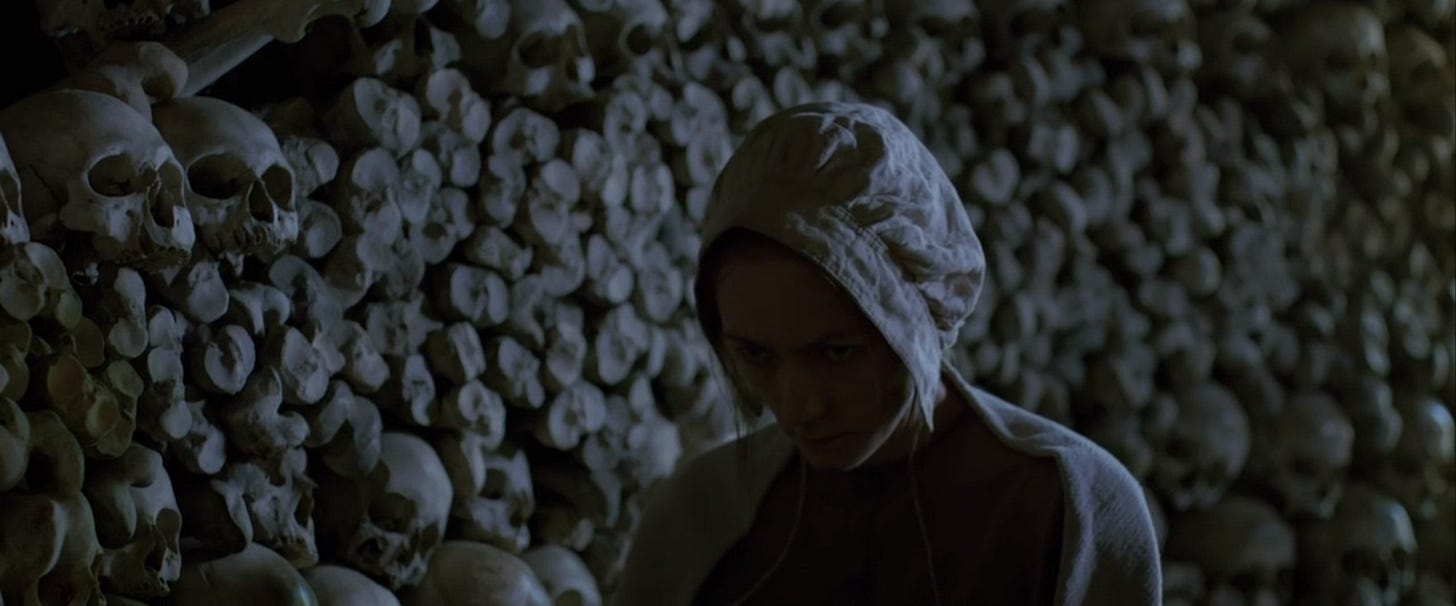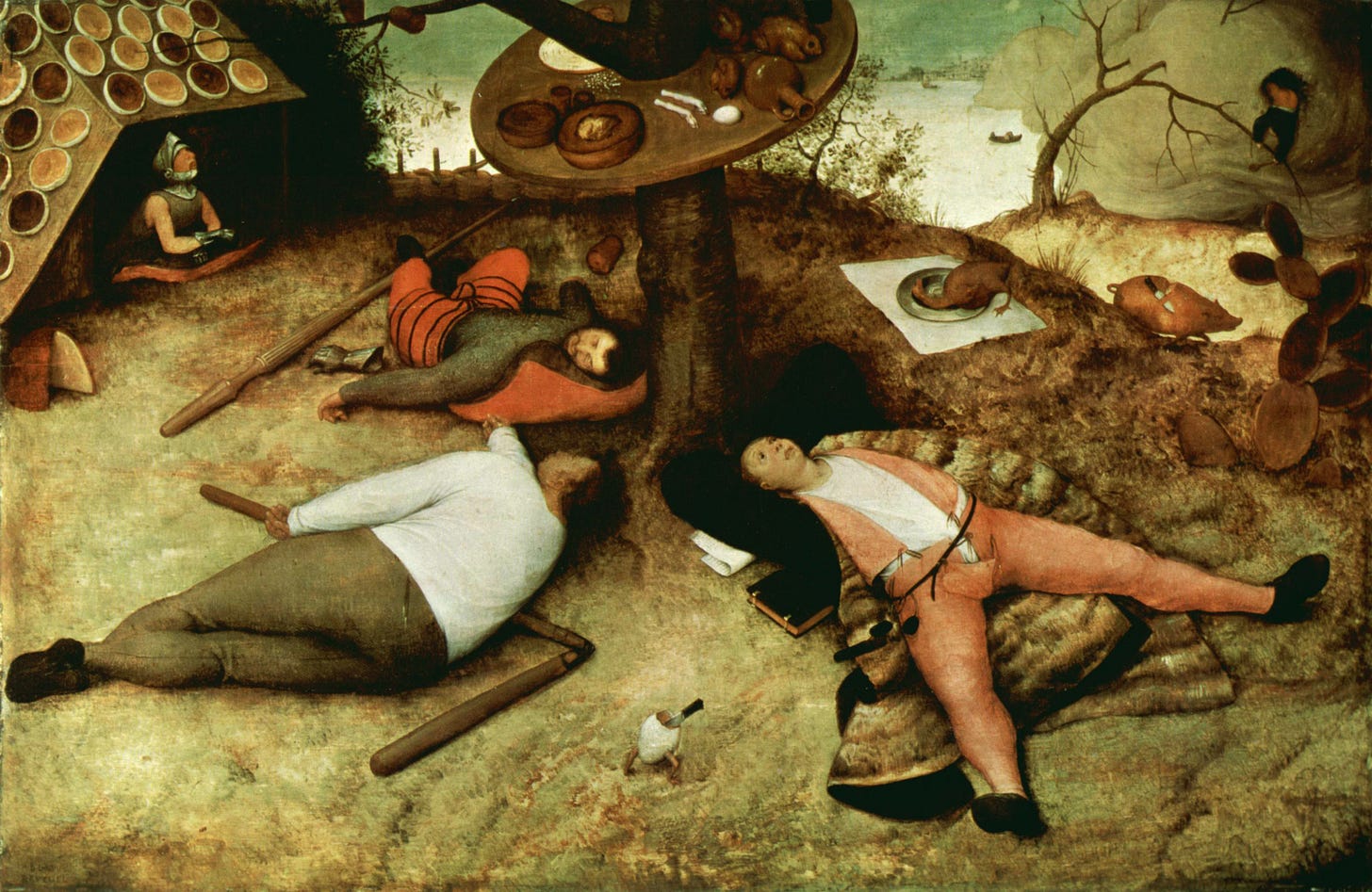Directed by Lukas Feigelfeld
Germany 2017
With almost no dialogue and a loose, cryptic plot Hagazussa is a film of four chapters, respectively: Shadows, Horn, Blood, and Fire. The title is an Old High German term for witch. Yes, we are back in the realm of folk horror.
The setting is a remote mountain village in the 15th century Alps and the focus is Albrun, played by Aleksandra Cwen, a goat herder living in what turns out to be an uneasy relationship (a gross understatement) with her fellow townspeople. The first chapter opens with Albrun as a child living an isolated existence with her mother (Claudia Martini). Something is amiss … her mother has repeated seizures and develops buboes all over her torso. She is dying and the cause is unclear. Does she have the plague? No one comes to their aid – they are shunned by the village because they are witches or at least that is what the people believe.
The death of Albrun’s mother brings the first chapter to a close. We next see her as a young adult with a baby. How she conceived a child remains unanswered as do many other questions about what we go on to witness. The slow, confused narrative unspools over the course of an enervating 100 minutes.
Hagazussa is writer-director Lukas Feigelfeld’s first feature film, and he certainly knows how to use a camera. He has a background as a photographer and it really shows. Feigelfeld manages to find a dynamic, natural light in the forest that captures the beauty of nature, but also an uncanny sense of ‘the other’, and then we have painterly scenes of Albrun, which are indeed bewitching: technical shots that require not only the right exposure and correct lenses, but meticulous assembly of the mise-en-scène and structuring of the direction of movement in a frame.
This gives the film a striking and intense look reinforced by an oppressive, droning score by the experimental music duo MMMD. Yet that is as far as the film goes in terms of its appeal. There was nothing either novel or of interest in the ideas, or indeed, the characters that we see portrayed on the screen. Any point being made by Feigelfeld is lost in a storyline that is as murky as the pond water that Albrun finds herself immersed in.
As we reach the Hagazussa’s climax Albrun eats some hallucinogenic mushrooms, lets maggots writhe over her feet, and makes a stew of something best left unspoiled. None of these events, however, generate a sense of anxiety or tension. This also applies to an earlier scene, an egregious depiction of a rape filmed with a discomfiting sense of detachment.
The lingering shots of Hagazussa are reminiscent of paintings by the Flemish Renaissance painter, Pieter Bruegel the Elder.
But looking at a series of gloom-laden, though beguiling, photographs from a tattered old album is not what we expect of cinema.
The guy should go back to making like five-minute art films to go in the Tate or something - C
Reids’ Results (out of 100)
C - 65
T - 61
N - 70
S - 55
Thank you for reading Reids on Film. Do leave a comment if you enjoyed our review, and spread the word: share this post with a friend!
Coming next… You Will Die at 20(2019)







